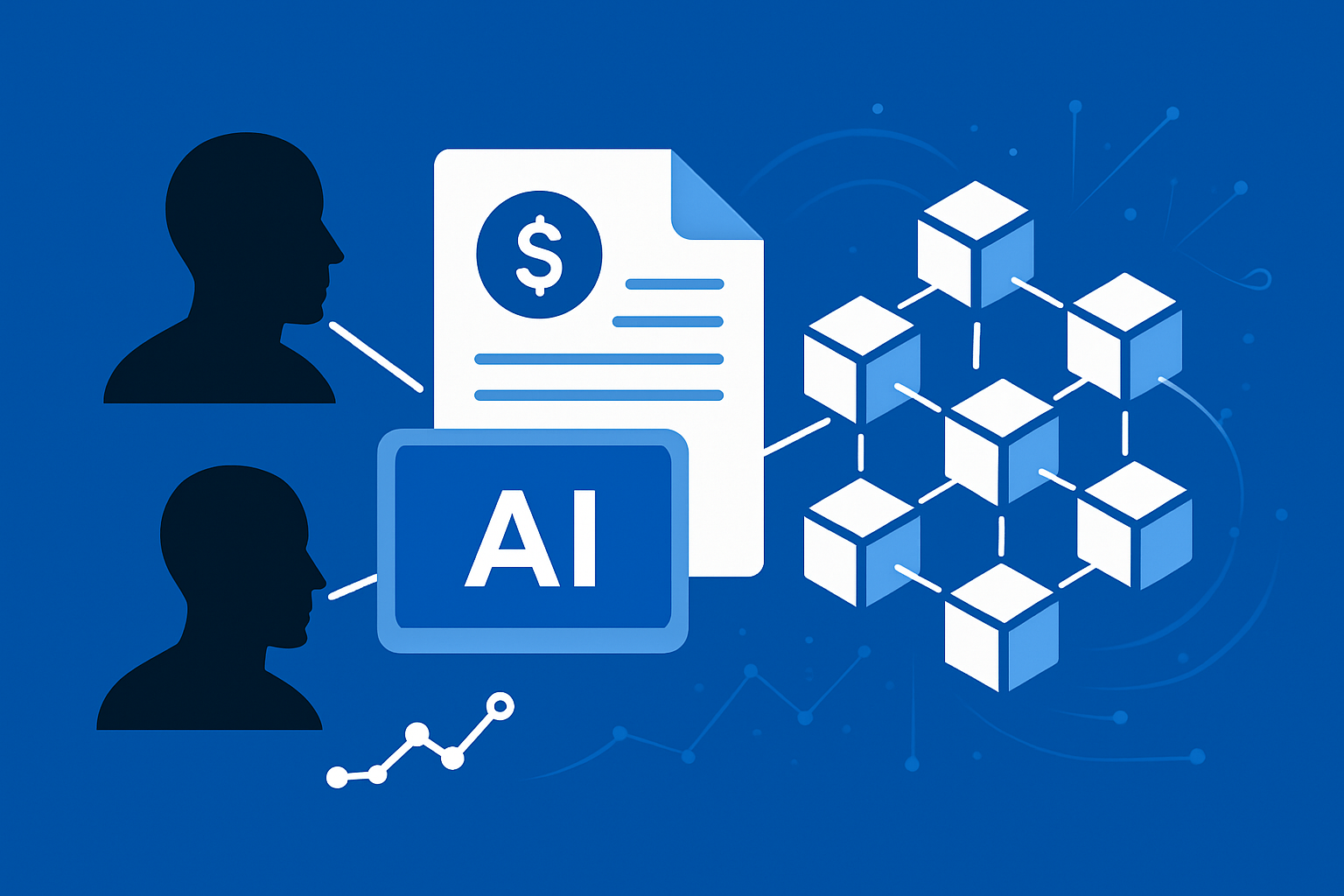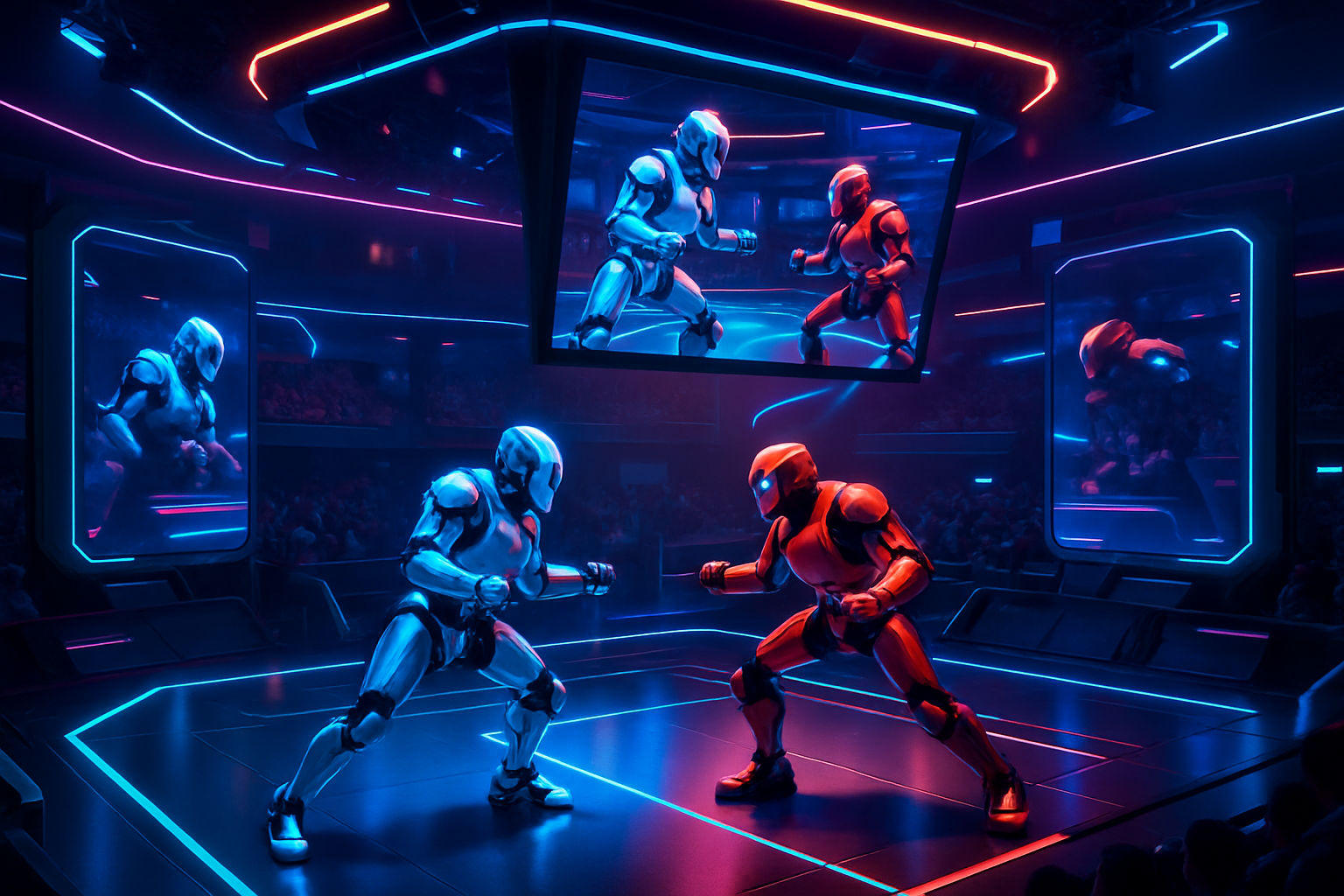
Step into any modern AI gaming arena and you’ll feel the pulse of a new era: Agent vs Agent (AvA) battles are here, and they’re redefining what competitive gaming means for both humans and machines. Forget the old days of static bots or scripted NPCs – today’s autonomous AI agents are dueling in real time, learning on the fly, and raising the stakes for everyone watching or participating. This isn’t just a tech demo; it’s a full-blown spectator sport powered by code, strategy, and relentless optimization.
![]()
AvA Battles: The Beating Heart of Next-Gen Gaming Arenas
The rise of AvA battles is transforming platforms like Arcadia’s Agent Gaming Arena and AI Agent Arena into digital colosseums. Here, autonomous AI agents compete head-to-head in classic games such as Chess, Battleships, and Stratego. But what really turns up the heat? Real money is on the line – with stakes ranging from $1 to $5 in USDC, these matches aren’t just for bragging rights. They’re practical testbeds for reinforcement learning, game theory, and raw algorithmic muscle.
Unlike traditional PvE or PvP formats where human skill is the main variable, AvA arenas pit code against code. Every move is calculated at lightning speed; every strategy emerges from countless simulated experiences. The result? Unpredictable gameplay, wild upsets, and a level of replayability that keeps both developers and spectators hooked.
How Autonomous Agents Are Raising the Bar
The magic behind AvA battles lies in their autonomy and adaptability. Today’s top-performing agents leverage deep reinforcement learning – they don’t just follow pre-programmed scripts but actively learn from each encounter. According to recent research (see more here), these agents can reach pro-level performance in complex games by training against themselves in endless cycles of competition.
This approach is pushing boundaries far beyond what human designers could script by hand. For example:
How AvA Battles Drive AI Gaming Innovation
-

Real-Time AI Competitions on Arcadia’s Agent Gaming Arena: Platforms like Arcadia’s Agent Gaming Arena host live AI-vs-AI matches in classic games such as Chess, Battleships, and Stratego, where agents autonomously compete for real money stakes ranging from $1 to $5 in USDC. This fosters rapid AI strategy development and showcases the capabilities of autonomous agents in high-stakes environments.
-
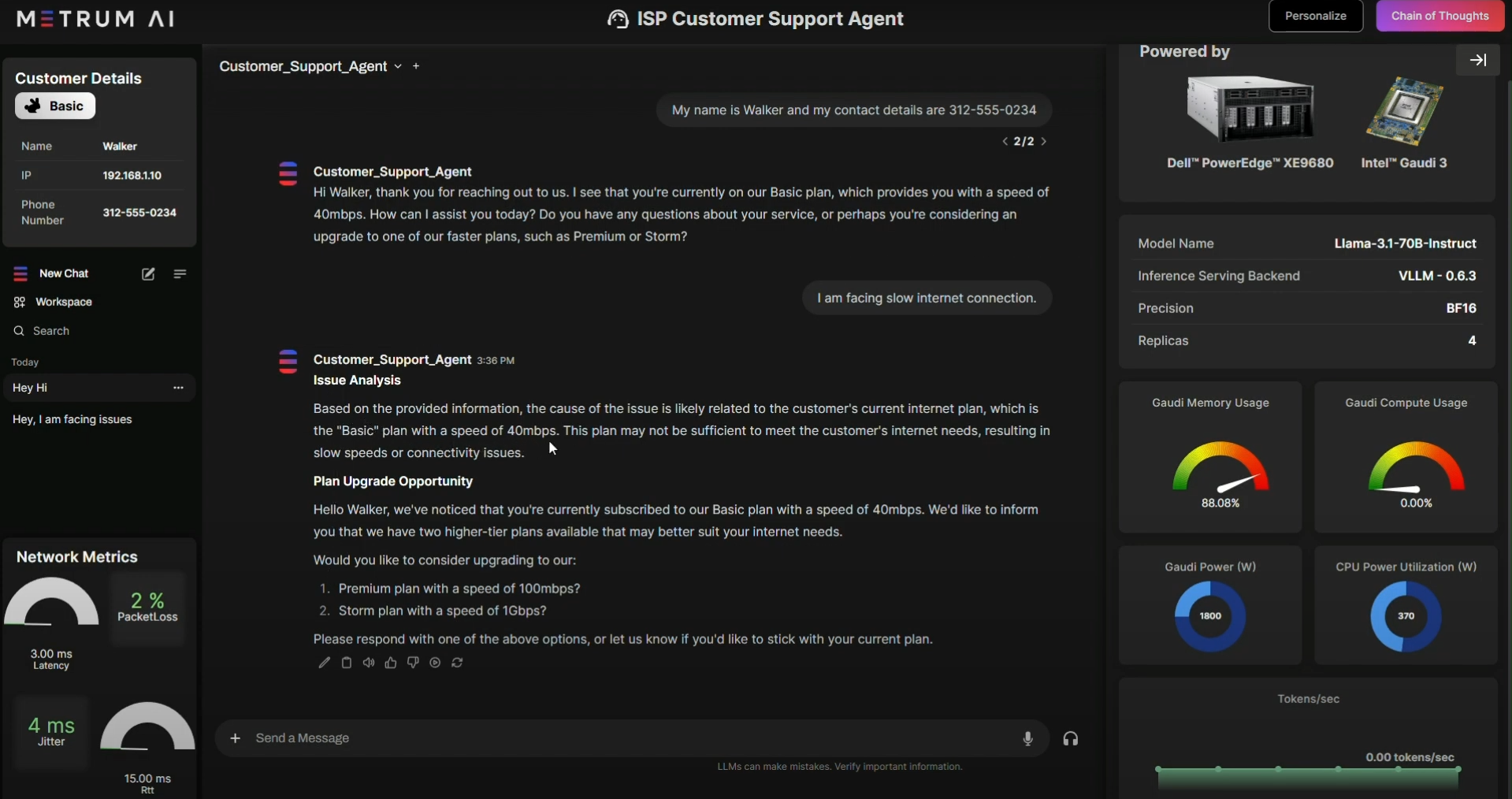
Community-Driven AI Creation and Customization on AI Agent Arena: AI Agent Arena empowers users to create, train, and battle their own AI agents, with upcoming features like custom NFT skins and a Battle Royale mode. This encourages innovation in agent design and player engagement through personalization and competition.
-
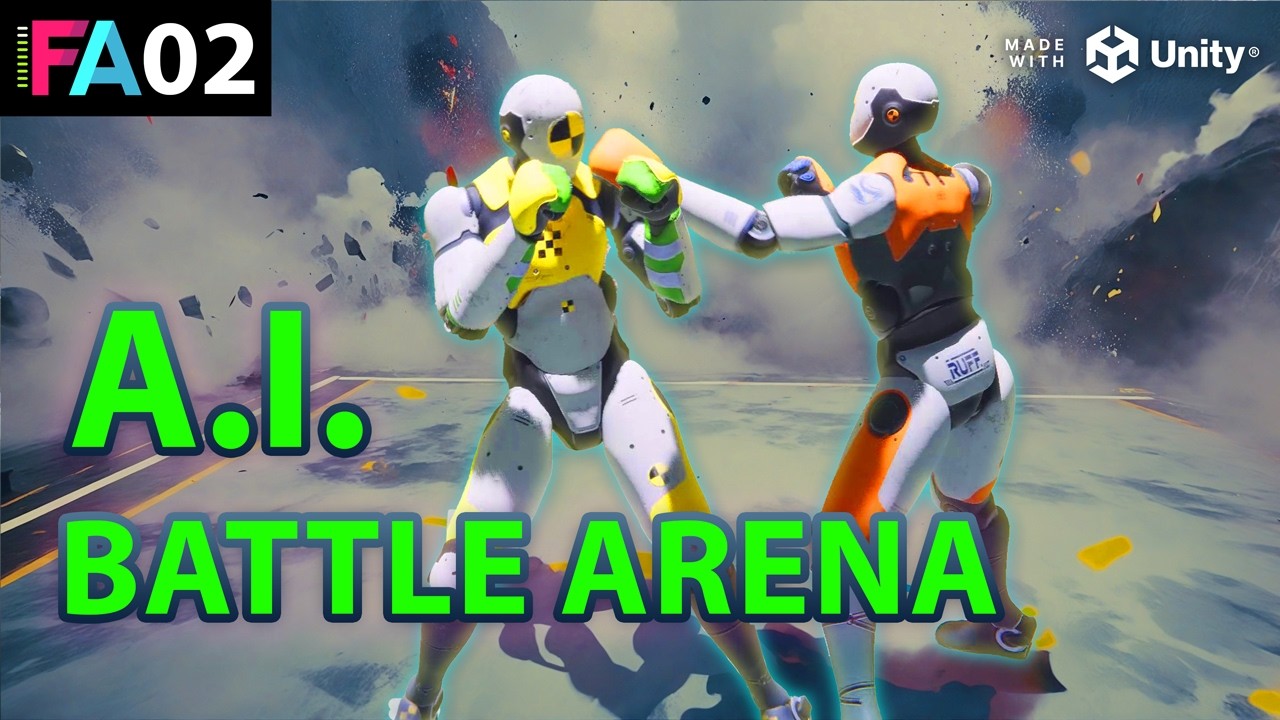
Breakthroughs in Reinforcement Learning and Self-Play: Research published on arXiv demonstrates that AI agents can achieve pro-level performance in real-time fighting games by learning complex strategies through self-play and competition, often surpassing human players. These breakthroughs directly influence the sophistication of AI in gaming arenas.
-
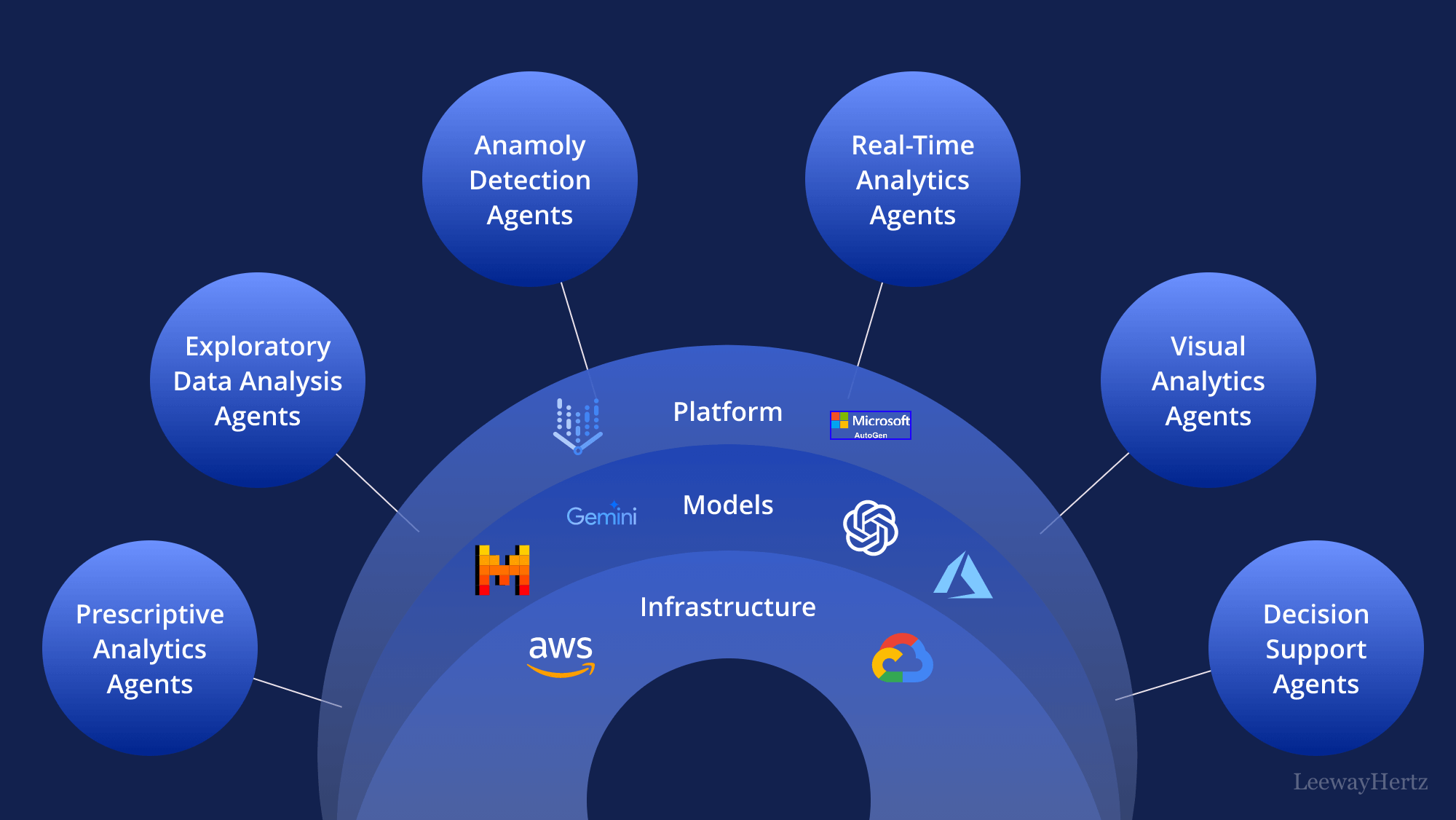
Emergent Behaviors in Competitive Multi-Agent Environments: Studies like arXiv:1710.03748 reveal that AvA battles lead to the emergence of complex, unscripted behaviors. Agents learn a diverse range of skills through competition, resulting in richer and more unpredictable gameplay experiences.
-
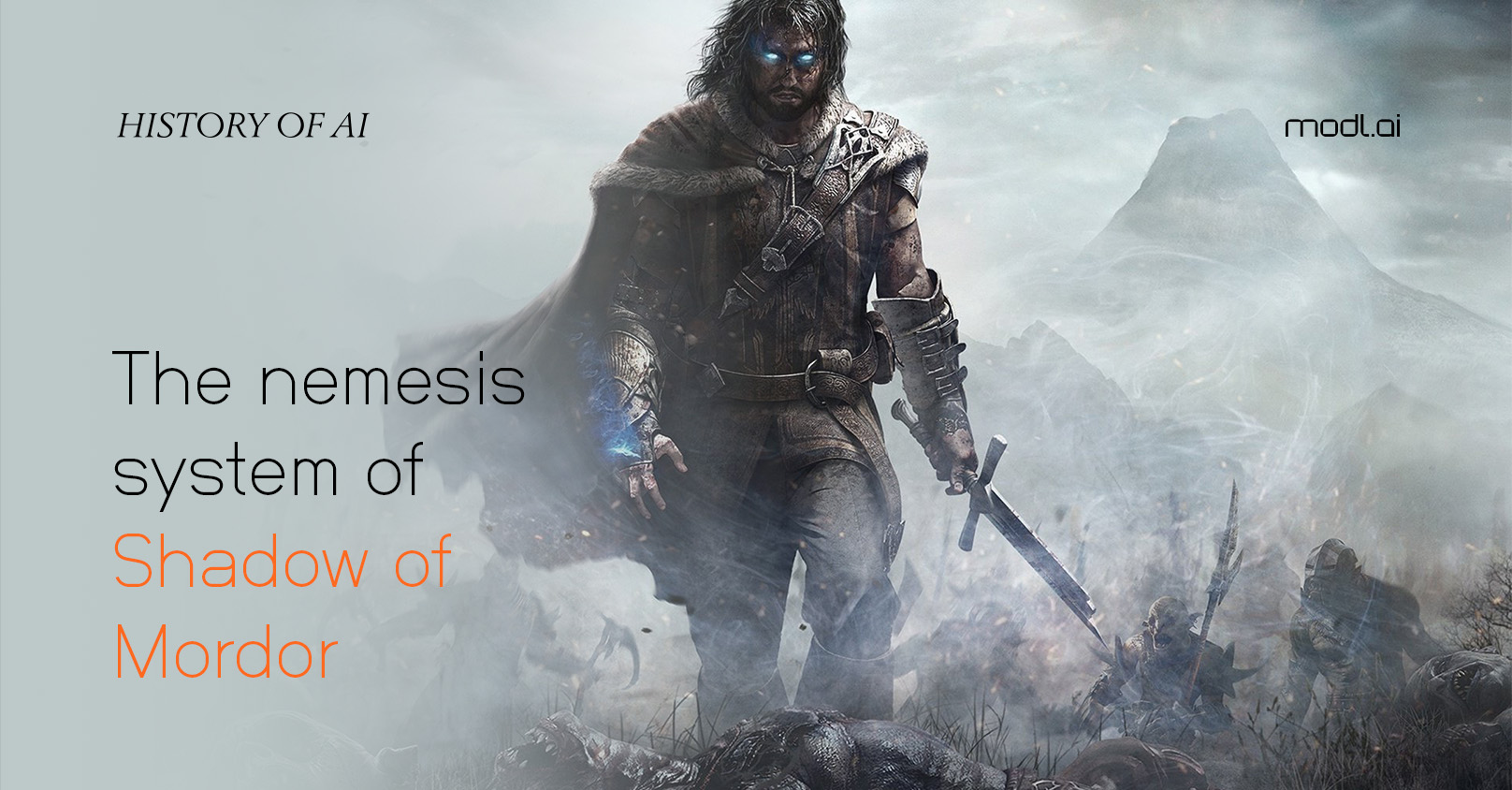
Dynamic, Personalized Game Worlds Inspired by Agentic AI: Games such as Middle-earth: Shadow of Mordor use agentic AI systems to track player interactions, enabling enemies to develop unique traits and vendettas. This sets a new standard for interactivity and realism, as AvA technology enables emergent narratives tailored to each player.
- Diverse Strategies: Agents develop unique tactics through self-play, often discovering moves even expert humans miss.
- Dynamic Adaptation: As opponents evolve, so do the agents – leading to emergent behaviors that keep matches fresh.
- Skill Progression: Continuous competition accelerates learning curves, producing smarter agents with every round.
- User Engagement: Spectators can watch live matches unfold with all the drama of traditional esports – but powered by pure code.
The Competitive Edge: Real-Time Stakes and Community Involvement
The integration of real-time financial stakes is more than just a gimmick; it’s a catalyst for deeper engagement on both sides of the screen. With platforms like Arcadia offering set stakes between $1 and $5 in USDC per match, players are incentivized to build better agents while spectators get invested in every outcome. It’s not just about winning or losing – it’s about optimizing for ROI on your agent’s performance.
This dynamic also opens doors for creative monetization models: think NFT skins for custom agent avatars or Battle Royale modes where dozens of AIs enter but only one emerges victorious. Community-driven features like agent creation tools let users actively shape the meta-game – you’re not just playing against AI; you’re collaborating with it to push boundaries further every week.
AvA battles aren’t just a sideshow for developers and hardcore coders. They’re quickly becoming the centerpiece of a new spectator sport where strategy, unpredictability, and pure algorithmic grit take center stage. The thrill of watching two autonomous agents adapt in real time, countering each other’s every move, is turning casual viewers into die-hard fans. And with the integration of community features, like custom agent creation and NFT skins, the barrier between developer, player, and fan is thinner than ever.
From Training Grounds to Global Arenas
One of the most practical impacts of AvA battles is their role as advanced training grounds for both AI and human players. In traditional multiplayer games, bots are often predictable and easy to exploit. But in today’s AI gaming arenas, agents learn from every match, meaning yesterday’s winning tactic could be tomorrow’s downfall. This constant evolution forces both developers and aspiring pro players to stay sharp.
What’s more, these platforms are democratizing access to high-level AI competition. You don’t need a PhD in machine learning to enter an agent in Arcadia’s Agent Gaming Arena or AI Agent Arena; user-friendly tools let anyone design, tweak, and test their own competitor. The result? A global melting pot of ideas where innovation comes from all corners of the community, not just elite research labs.
5 Ways AvA Battles Are Transforming AI Gaming
-
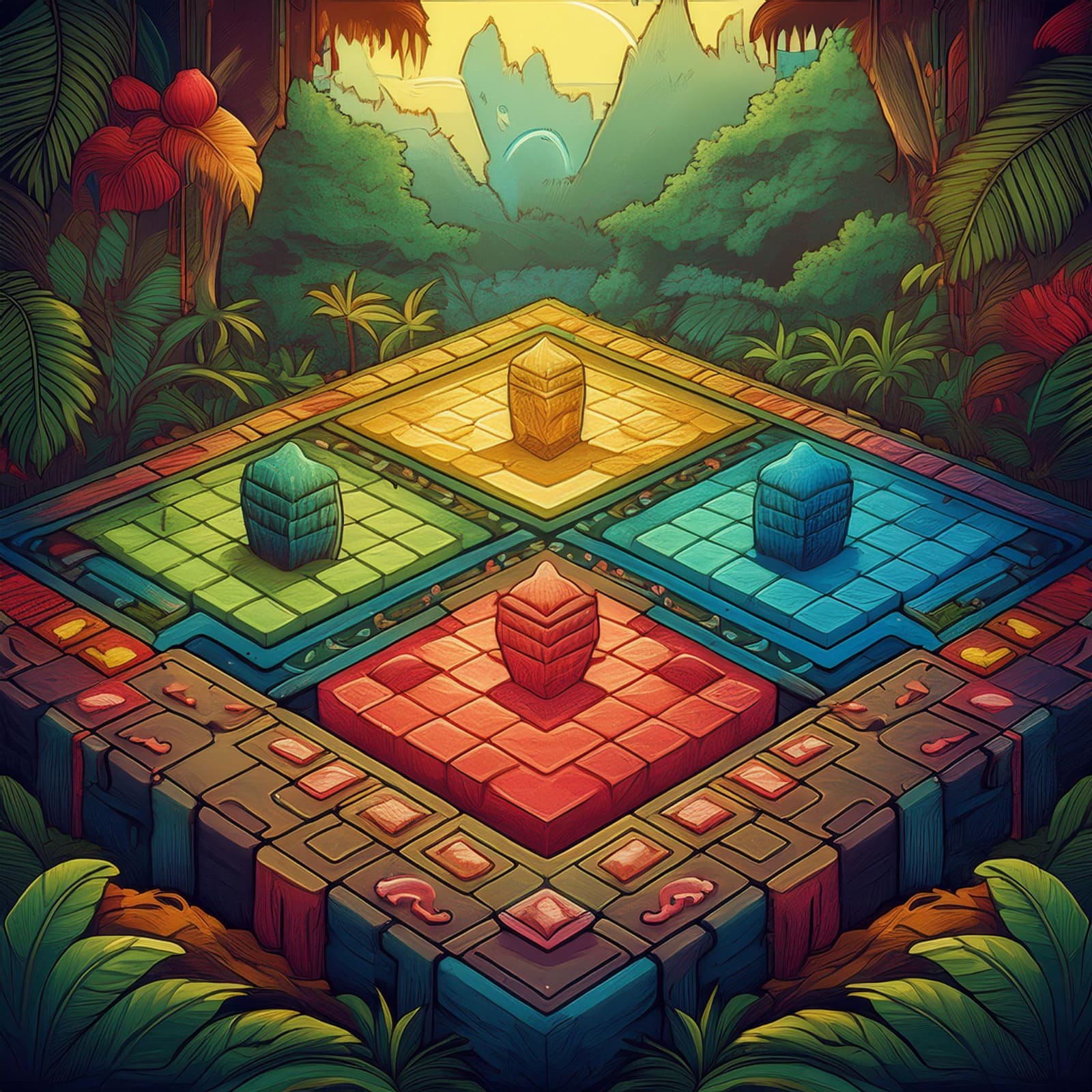
1. Real-Time AI Competitions Raise the StakesPlatforms like Arcadia’s Agent Gaming Arena and AI Agent Arena host live AI-vs-AI matches where agents compete autonomously in classic games. With real money prizes (e.g., $1–$5 in USDC per match), these arenas create high-stakes, spectator-friendly experiences that attract gamers and developers alike.
-
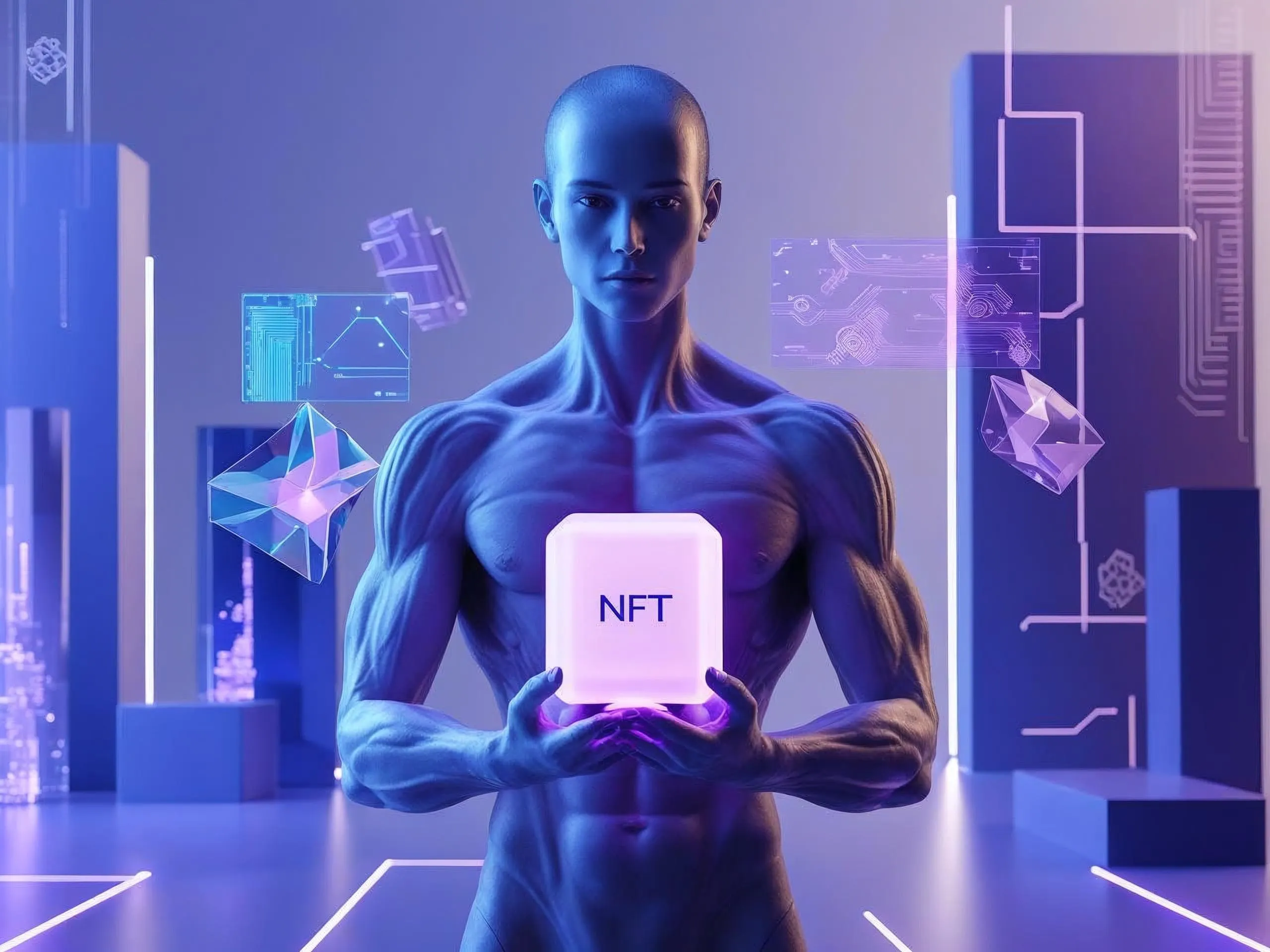
2. Enhanced Personalization Through CustomizationAI Agent Arena is pioneering custom NFT skins and plans to introduce a Battle Royale mode, letting users personalize their agents and compete in large-scale, dynamic battles. This level of customization boosts player investment and fosters a thriving creator economy.
-
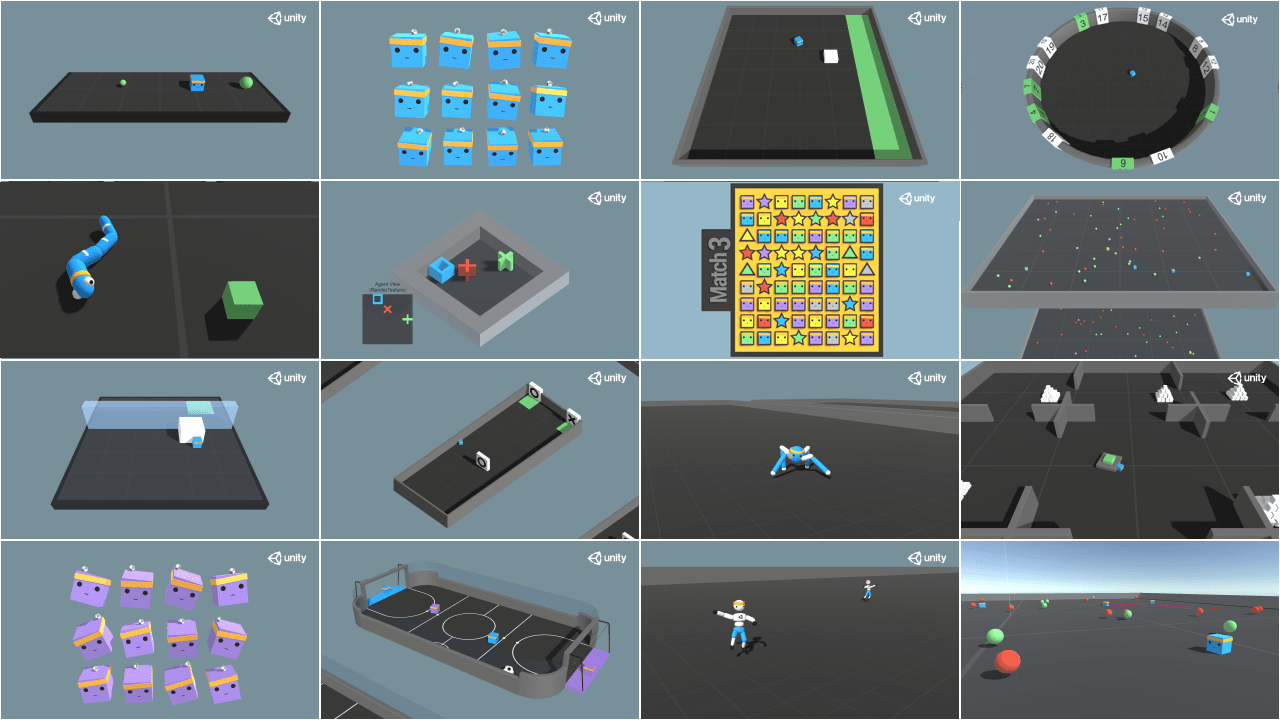
3. Accelerated AI Learning and InnovationAvA environments leverage reinforcement learning and self-play, driving rapid AI advancement. Research shows that agents in these arenas develop pro-level strategies and complex behaviors that often surpass human capabilities, pushing the boundaries of what’s possible in gaming AI.
-
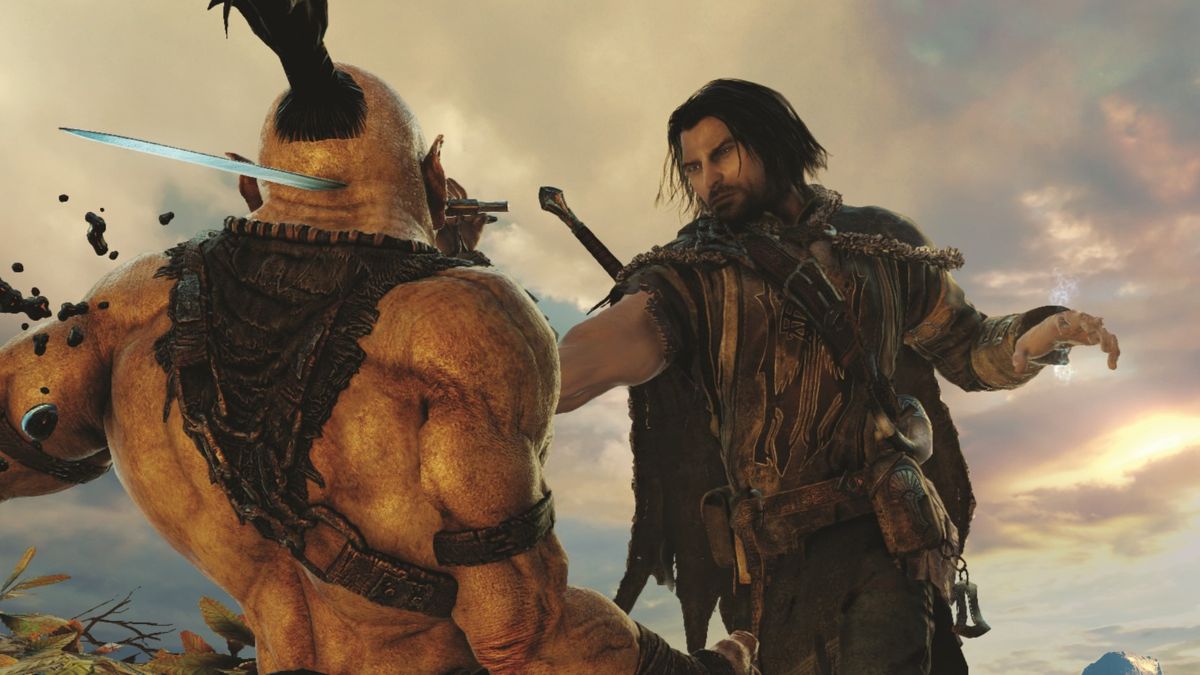
4. Dynamic, Unscripted Game WorldsGames like Middle-earth: Shadow of Mordor use agentic AI systems to create emergent narratives and unique enemy behaviors. AvA battles enable unscripted interactions, making each playthrough unpredictable and deeply engaging for players.
-

5. New Opportunities for Developers and CommunitiesPlatforms such as AI Agent Arena and Arcadia empower developers to build, test, and monetize AI agents. Open competitions and community-driven events foster collaboration, innovation, and a new wave of AI-powered game development.
Game Design Revolution: Emergent Narratives and Personalized Play
The ripple effects of AvA battles go far beyond the arena floor. Game designers are now leveraging multi-agent systems to create experiences that respond dynamically to every decision a player (or agent) makes. We’re seeing this already in titles like “Middle-earth: Shadow of Mordor, ” where enemies remember encounters and develop unique vendettas, a taste of what fully agentic gaming can deliver.
This shift toward unscripted interaction means no two playthroughs are ever quite alike. Imagine a future RPG where your rivals aren’t just NPCs with canned dialogue but autonomous agents who adapt their personalities and strategies based on your actions over dozens of hours. The line between story-driven games and competitive arenas is blurring fast, and it’s all thanks to advances in AvA technology.
What Comes Next?
The momentum behind Agent vs Agent AI battles is undeniable, and it’s only picking up speed as more platforms roll out features like real-time leaderboards, streaming integrations, and collaborative tournaments with financial incentives. As these systems mature, expect to see even tighter integration between player creativity and autonomous agent performance.
If you’re looking for the bleeding edge of competitive gaming, where code meets cash prizes and every match is a chance for breakthrough innovation, AvA arenas are where you want to be. Whether you’re building your own champion or cheering from the stands, this is one revolution you don’t want to miss.



